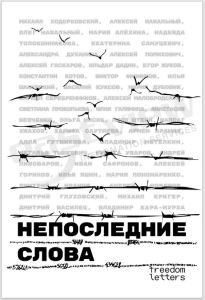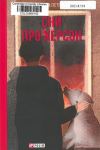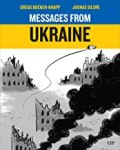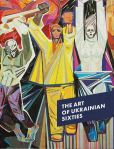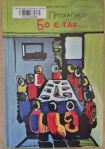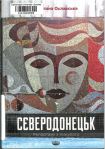Books about stamps are not a huge business in modern purchasing at the University Library, but they can be incredibly interesting to more than the dedicated philatelist. We recently bought two volumes about Ukrainian stamps more for the principles and attitudes reflected in the stamps than for the images themselves. What inspires a government agency in its selection of images? It’s a particularly keen question when it comes to a country whose last 10 years have seen parts of its territory overtaken by illegal annexation and ruined by a growing war.
 Continue reading “Postage stamps : the Ukrainian item(s) of the month”
Continue reading “Postage stamps : the Ukrainian item(s) of the month”






















